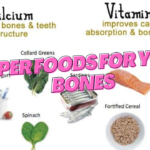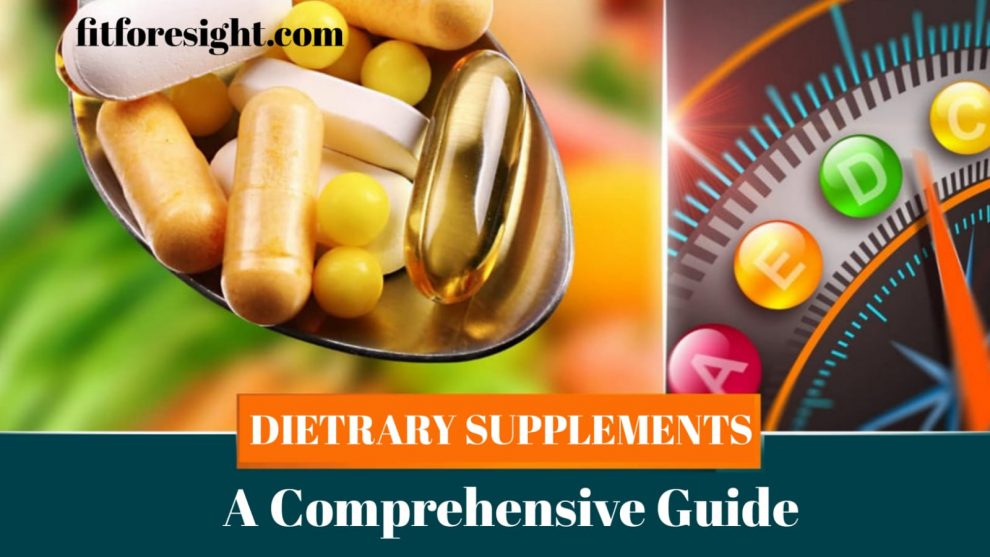A Comprehensive Guide
In today’s fast-paced world, many individuals seek to optimize their health and well-being by incorporating dietary supplements into their daily routines. These supplements come in various forms, from vitamins and minerals to herbal extracts and protein powders, promising to fill nutritional gaps and enhance overall health. However, like any health-related decision, there are both pros and cons to consider when it comes to dietary supplements.
The Pros of Dietary Supplements:
1. Nutritional Support: Dietary supplements can bridge the gap between what your body needs and what your diet provides. They are particularly useful for individuals with specific dietary restrictions or deficiencies.
2. Convenience: Supplements are easy to incorporate into your daily routine, making it convenient for those with busy lifestyles. They offer a quick and straightforward way to ensure you get essential nutrients.
3. Targeted Health Goals: Certain supplements are designed to support specific health goals, such as improving athletic performance, boosting immunity, or enhancing cognitive function. This customization can be beneficial for those seeking targeted results.
4. Improved Micronutrient Intake: Inadequate consumption of vitamins and minerals can lead to health issues. Supplements can help prevent deficiencies and promote overall well-being.
5. Prevention and Management: Some supplements, like calcium and vitamin D, can help prevent or manage chronic conditions like osteoporosis. They can be valuable additions to a comprehensive healthcare plan.
The Cons of Dietary Supplements:
1. Lack of Regulation: One of the biggest concerns is the lack of strict regulation in the dietary supplement industry. This can result in inconsistent product quality and safety.
2. Possible Health Risks: Certain supplements, when taken in excess, can lead to adverse health effects. For example, excessive iron intake can be harmful, and high doses of fat-soluble vitamins can accumulate in the body.
3. Cost: Quality supplements can be expensive, especially if you require multiple types to meet your nutritional needs. This cost can add up over time.
4. No Magic Bullet: Supplements should not replace a balanced diet. Relying solely on supplements can lead to an imbalanced nutritional profile and may not provide the full spectrum of health benefits that whole foods can offer.
5. Unproven Claims: Some supplements make grandiose claims that are not backed by robust scientific evidence. Consumers should be cautious of products that promise miraculous results.
Dietary supplements can be valuable tools for improving overall health and addressing specific nutritional deficiencies. However, it is crucial to approach them with caution and make informed decisions. Consulting with a healthcare professional before starting any supplementation regimen is highly recommended to ensure that it is suitable for your individual needs. Remember, there is no substitute for a well-balanced diet rich in whole foods. Supplements should complement, not replace, a healthy eating plan. Additionally, consumers should research and choose reputable brands and products to minimize potential risks associated with low-quality or mislabeled supplements.in the end, the pros and cons of dietary supplements hinge on careful consideration, informed choices, and a balanced approach to nutrition and well-being.

























Add Comment